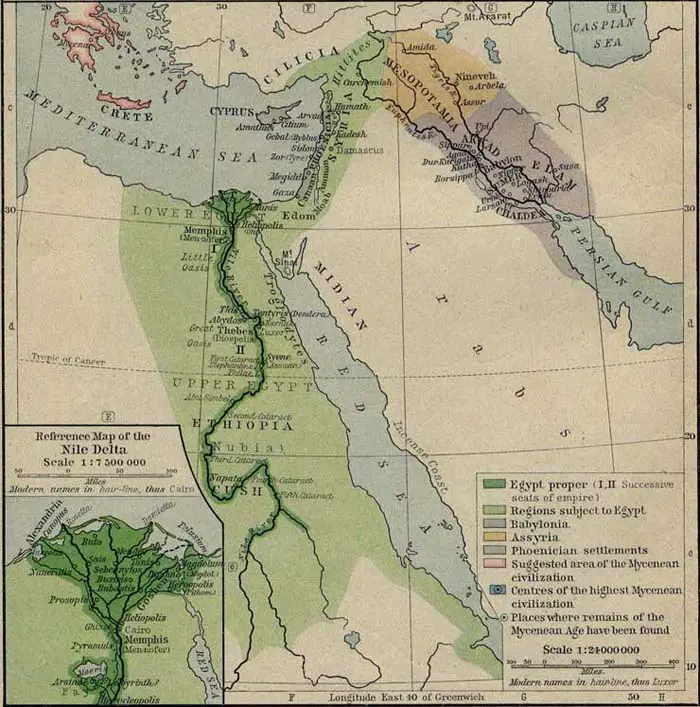stovebolts
Member
- Nov 4, 2004
- 18,907
- 7,275
James,Hi Stove. Apologies for the delayed reply; I’ve only just seen your post.
First a quick word of clarification re your initial point. I have never said (or at least, if I have, I have never meant to say) that the focal point of the Passover was wrath; I’m not even sure what such a claim would mean in practice. My point is simply that wrath is in fact involved in the Passover--more specifically, that the Passover sacrifice is both penal (due to God’s anger with his people, Israel) and substitutionary (due to the way in which either a lamb must die or a firstborn son must die in each Israelite house).
As for your point about Pharaoh and the gods of Egypt: again, I don’t deny other aspects of the Exodus narrative; indeed, I explicitly brought up the way in which it entails the judgment of Egypt’s gods.
I am glad you have engaged with the text of Ezek. 20, but I don’t think you can dismiss its relevance to the issue at hand simply by saying “it is referring to the incident of the Golden Calf”. In Ezek. 20, God gives Israel a command to forsake Egypt’s idols at the same time as he announces his intention to lead them out of Egypt (20.5-7). Israel choose not to do so, which angers God, so God says he has resolved to pour out his wrath on them “in the midst of the land of Egypt” (20.8), but God then says he has decided to spare Israel--specifically, to ‘act for the sake of his name’--, saying, “So I took them out of the land of Egypt and brought them into the wilderness” (20.9-10). The text of 20.5-10 can’t, therefore, be relegated to the time from the Golden Calf incident onwards. It is explicitly set in the period prior to the moment when God leads his people out of Egypt. The statements above make this very clear.
James.
It was at Mt. Sinai that Israel went into Covenant with YHVH where the idols were forbidden. Mt. Sinai was subject of Egypt and could be considered as part of Egypt.
A careful reading of Exodus supports what I have said about Ez 20.

Tell ya what, show me in exodus where this is said.
Ezekiel 20:7 Then said I unto them, Cast you away every man the abominations of his eyes, and defile not yourselves with the idols of Egypt: I am the LORD your God.



